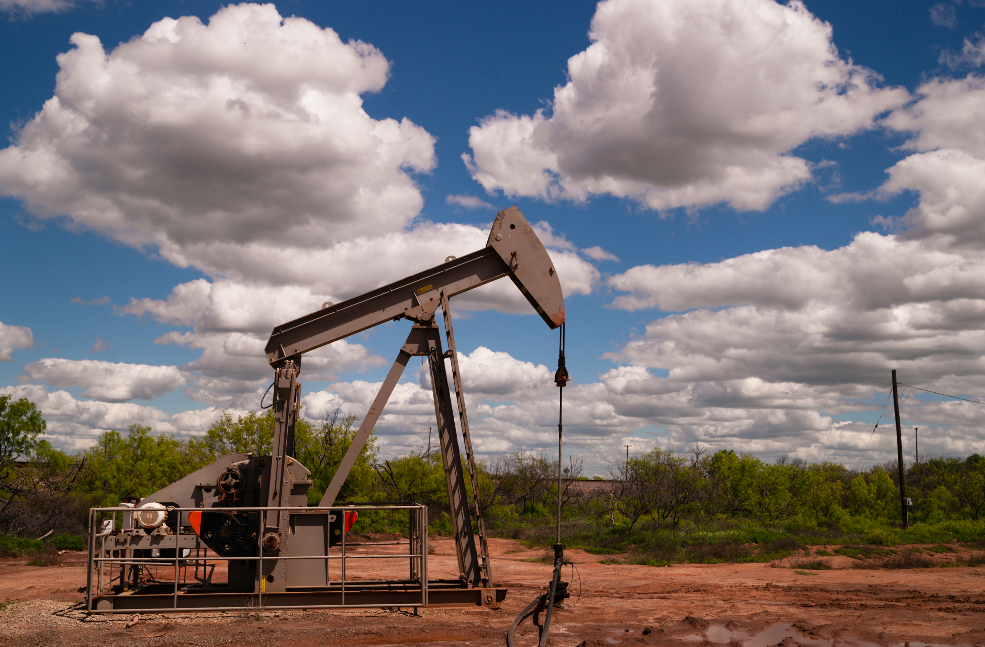Political instability, insufficient electricity production, gas shortages, insufficient energy infrastructure are the main reasons that explain this situation.
The energy systems of Israel and Jordan are the only ones in the region that can be considered stable.
The discovery of offshore gas fields has allowed Israel to acquire energy autonomy for several years and to become a net exporter (to Egypt, which has liquefaction units, and Jordan). In Jordan, the energy and electricity system is stable but costly for public finances and based on a dependence on imports (up to 90%), particularly gas from Israel, weighing on the trade deficit and exposing the country to exogenous shocks.
Iran, Iraq and Egypt have prioritized their hydrocarbon exports to the detriment of their domestic energy systems.
Iraq has abundant resources but produces insufficient electricity to meet its demand. This situation results from the choice to prioritize oil exports, to flare the majority of gas extracted from oil fields and not to develop several gas fields. Iraq is thus forced to import 40% to 50% of its gas from Iran, while the latter is unable to balance its own energy system.
Iran suffers from a structural electricity deficit (12 GW) and faces gas shortages that force it to temporarily close factories and administrations. This situation, which results from an increase in consumption and underexploitation of gas fields, forces Iran to import an increasing volume of gas (from Turkmenistan and Azerbaijan) and not to honor its exports in full (to Turkey and Iraq).
In Egypt, the authorities continue to prioritize LNG exports despite the collapse of production from the Zohr field (-50% compared to 2015, when it represented 50% of gas capacity). This situation leads to power cuts during heat peaks.
Countries experiencing strong political and economic instability (Lebanon, Syria, Palestinian Territories) are in a critical energy situation.
In Lebanon, the national operator is no longer able to supply, due to lack of financial means, more than 4 hours of electricity per day at best; the rest of the demand is mainly served by private generators.
In Syria, the energy infrastructure, already insufficient, was targeted during the conflict and electricity production collapsed (-67% between 2011 and 2023). The Palestinian Territories are in a situation of almost total dependence on Israel for their energy supply, even though their infrastructure is underdeveloped, which results in serious electricity shortages.
Source: Regional Economic Service of Beirut, French Embassy








Réagissez à cet article